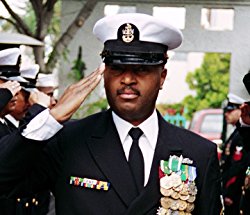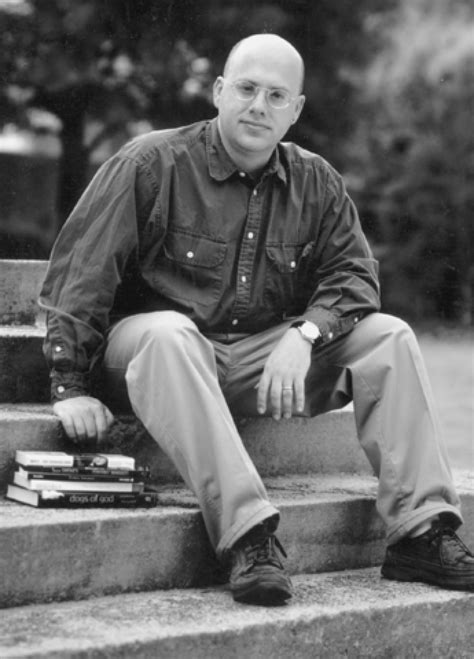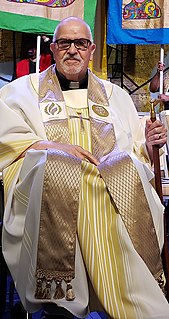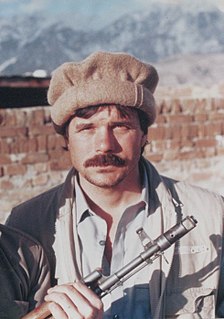A Quote by Chinua Achebe
The triumph of the written word is often attained when the writer achieves union and trust with the reader, who then becomes ready to be drawn into unfamiliar territory, walking in borrowed literary shoes so to speak, toward a deeper understanding of self or society, or of foreign peoples, cultures, and situations.
Related Quotes
How often I have tried to tell writing students that the first thing a writer must do is love the reader and wish the reader well. The writer must trust the reader to be at least as intelligent as he is. Only in such well wishing and trust, only when the writer feels he is writing a letter to a good friend, only then will the magic happen.
Before one is successful that is before any one is ready to pay money for anything you do then you are certain that every word you have written is an important word to have written and that any word you have written is as important as any other word and you keep everything you have written with great care.
Typically, the hero of the fairy tale achieves a domestic, microcosmic triumph, and the hero of myth a world-historica l, macrocosmic triumph. Whereas the former-the youngest or despised child who becomes the master of extraordinary powers-prevails over his personal oppressors, the latter brings back from his adventure the means for the regeneration of his society as a whole.
There are writers you admire, for the skill or the art, for the inventiveness or for the professionalism of a career well spent. And there are writers-sometimes the same ones, sometimes not-to whom you are powerfully attracted, for reasons that may or may not have to do with literary values. They speak to you, or speak for you, sometimes with a voice that could almost be your own. Often there is one writer in particular who awakens you, who is the teacher they say you will meet when you are ready for the lesson.
Simply put, meta-writing is writing that is self-conscious, self-reflective, and aware of itself as an artifice. The writer is aware she's writing, and she's aware there's a reader, which goes all the way back to Montaigne's often-used address "dear reader," or his brief introduction to Essais: "To the Reader." It can be done in a myriad of ways.
I think, in a way, I've returned to who I used to be as a global correspondent whose life was devoted to really making a difference, illuminating what's happening in the world, always drawn toward the suffering of peoples and cultures and exposing exploitation and injustice; but now I'm the same person in a much, much softer iteration.
But novels are never about what they are about; that is, there is always deeper, or more general, significance. The author may not be aware of this till she is pretty far along with it. A novel's whole pattern is rarely apparent at the outset of writing, or even at the end; that is when the writer finds out what a novel is about, and the job becomes one of understanding and deepening or sharpening what is already written. That is finding the theme.







































